Marine aquaculture operations face many potential conflicts
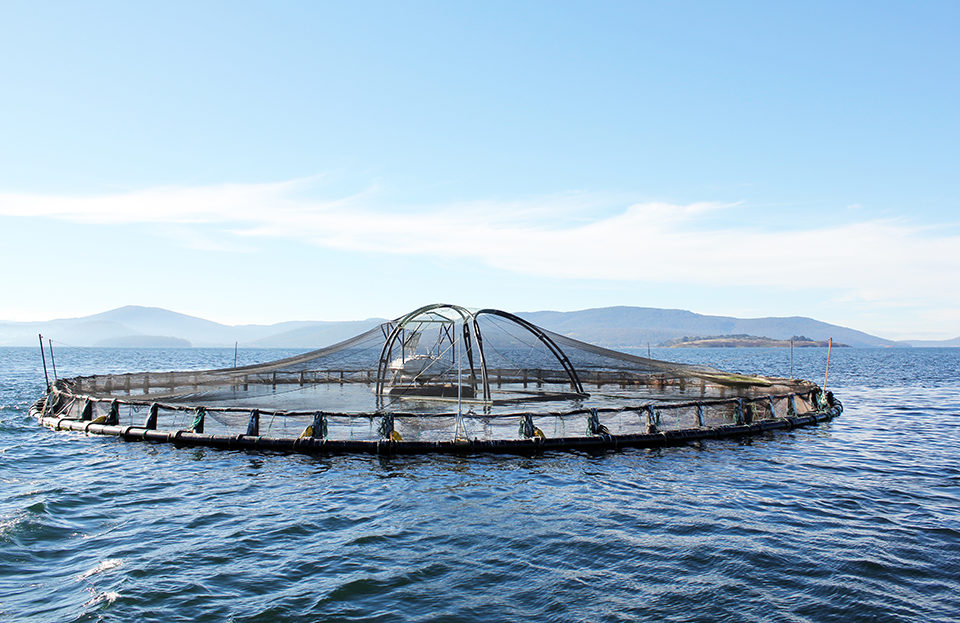
The concept that the ocean is “there for all to take” – as expressed by Hugo Grotius and fellow jurists who laid the initial foundations for international law based on natural law – has been the legal framework for the management of ocean resources since the 1600s. This lack of governance of the ocean environment is continuing to influence present-day legal developments and the implementation of effective ocean policies.
Unfortunately, marine aquaculture operates in a very crowded ocean environment with many neighbors that present potential conflicts. Navigation lanes have to be kept clear of obstructions. Traditional fishing, fish farms and recreational fishing often compete for space, especially in coastal areas. Views from hotel windows of cages and other farm structures are not tourist favorites.
Marine aquaculture law
Marine aquaculture is affected by two main international regimes of law. The United Nations Law of the Sea (LOS) treaty aims to establish legal order for peaceful and equitable use of the world’s oceans, conservation of living resources, and protection and preservation of the marine environment. Concluded in 1982, the LOS convention was established to allow controlled exploitation but also have a framework for protection.
The second law regime is international environmental law. The Law of the Sea did not include matters relating to environmental protection, so international conventions relating to environmental issues were introduced. Interestingly, aquaculture was not initially addressed, as the topic was not recognized as being of international significance.
The Law of the Sea regime assists in settling disputes about the extent of coastal states’ rights to claim sovereignty over the ocean waters. The convention divided the oceans into several jurisdictional zones subject to different legal regimes – the territorial sea, the exclusive economic zone (EEZ), the continental shelf and the high seas.
Aquaculture within exclusive economic zones
The EEZ is the major area in which marine aquaculture will likely take place in the future. The question is whether offshore aquaculture falls within Articles 60 and 56 of LOS.
Article 60 provides the rights of coastal states to authorize and regulate the construction, operation and use of installations and structures for the purposes provided for in Article 56. Among other topics, these purposes consider “economic exploitation and exploration” such as energy production and scientific research.
The EEZ is established 200 nautical miles (370 km) from the territorial sea baseline. However, the rights of the coastal state in that zone do not amount to complete sovereignty – only to control and exploit natural resources in and of the seabed and adjacent waters.
The Law of the Sea leaves the terms “installations and structures” vaguely defined, and aquaculture is not specifically mentioned as an applicable purpose in Article 56. But given the significant size of offshore aquaculture facilities, they would qualify as structures because they are constructed for a particular economic purpose, as per Article 60.
As a result of Articles 60 and 56, it can be concluded that the LOS grants coastal states the right to construct aquaculture facilities within their economic zones. Article 60 also allows coastal states to ban others from constructing aquaculture facilities within their EZZs. However, this can also cause disputes, as any structures built must not interfere with the sea lanes essential to international navigation.
Environmental concerns
Part XII of the Law of the Sea addresses aspects of environmental law that are also of importance to the development of marine aquaculture. Article 118 can be interpreted in a way that requires states to ensure their farming practices do not threaten wild stocks or interfere with conservation.
In addition, Article 192 imposes an obligation on coastal states to protect and preserve the marine environment. Countries wishing to develop offshore aquaculture need to be aware of requirements to prevent, reduce and control pollution. Since pollution does not recognize national boundaries, states must also ensure that their activities do not cause pollution that damages the environments of other states. Articles 207 through 213 specify requirements for states to adopt regulations relating to pollution of the marine environment.
Further international regulation
Although no United Nations legal instrument is in place strictly for aquaculture, there are a growing number of international environmental regimes and conventions that apply to the industry. These include the Rio Conventions on biodiversity, climate change and desertification – instruments for sustainable development derived from the 1992 Earth Summit.
Regional and maritime organizations have also established practices and guidelines relating to the protection of the marine environment for their members. The development of any offshore aquaculture needs to comply with domestic and international laws.
(Editor’s Note: This article was originally published in the March/April 2014 print edition of the Global Aquaculture Advocate.)
Author
-
Katherine Hawes
Aquarius Lawyers
Level 1, Suite F Octagon
110 George Street, Parramatta
NSW 2150 Australia
Tagged With
Related Posts
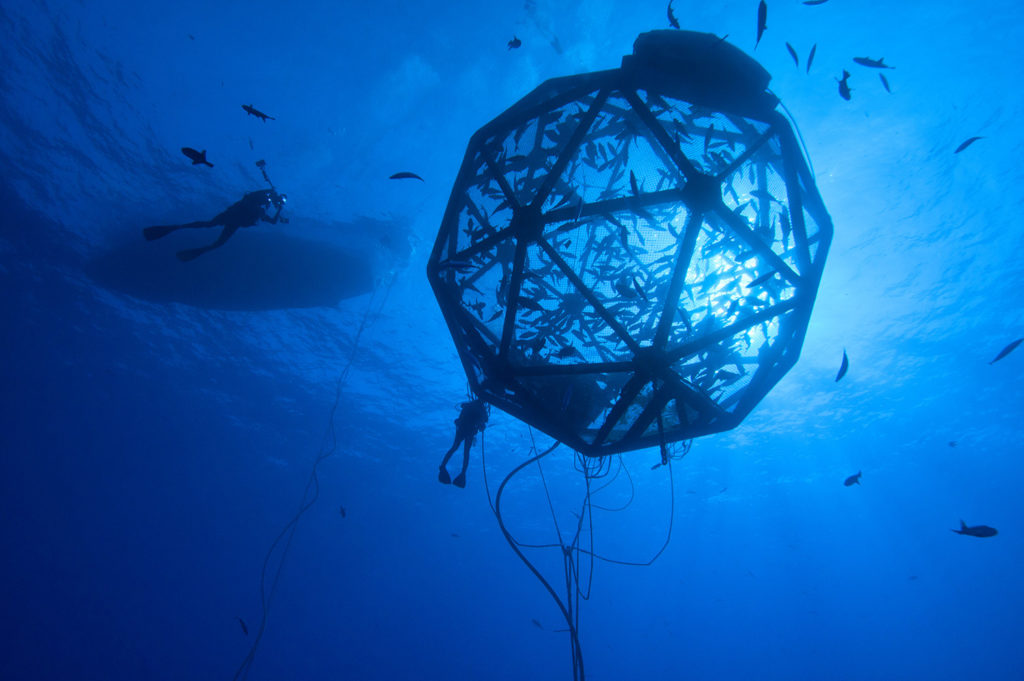
Innovation & Investment
Opinion: Stop offshoring offshore aquaculture
Something must change if the U.S. government hopes to encourage rather than discourage aquaculture, particularly in federal “offshore” waters. Neil Sims says it’s time to stop exporting knowledge, innovation and investment.
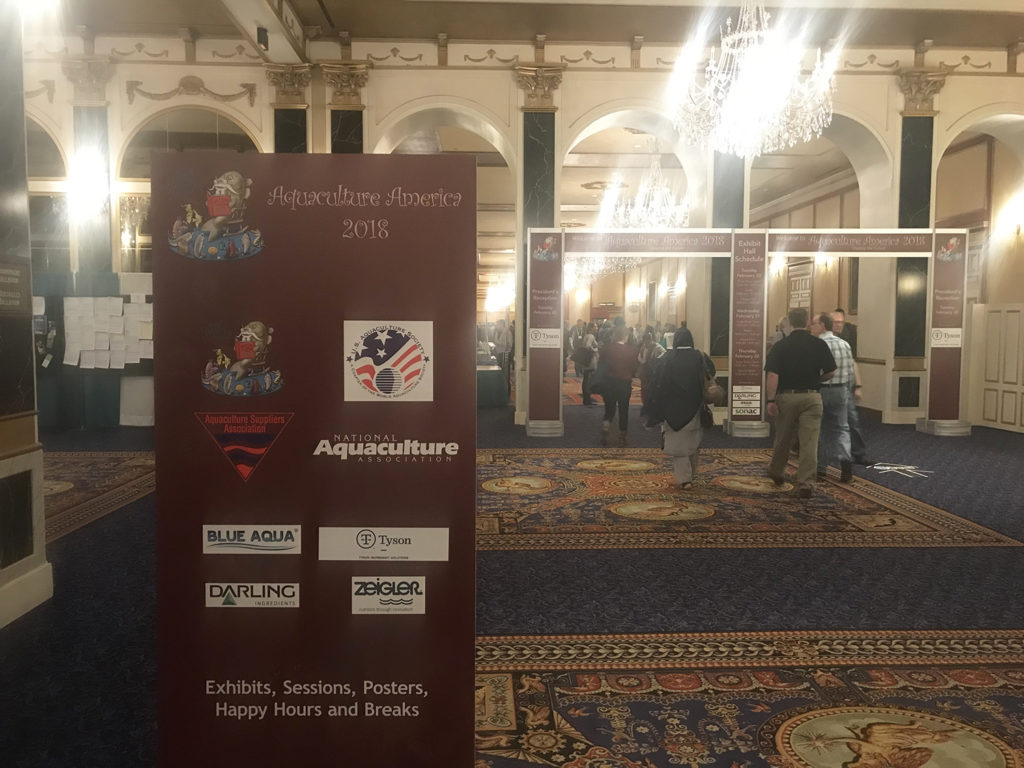
Innovation & Investment
At Aquaculture America 2018, signs of support for thriving domestic industry
Aquaculture must reshape its public narrative in order for the blue revolution to transpire. That’s what many prominent voices were saying at the World Aquaculture Society’s annual U.S. conference in Las Vegas.
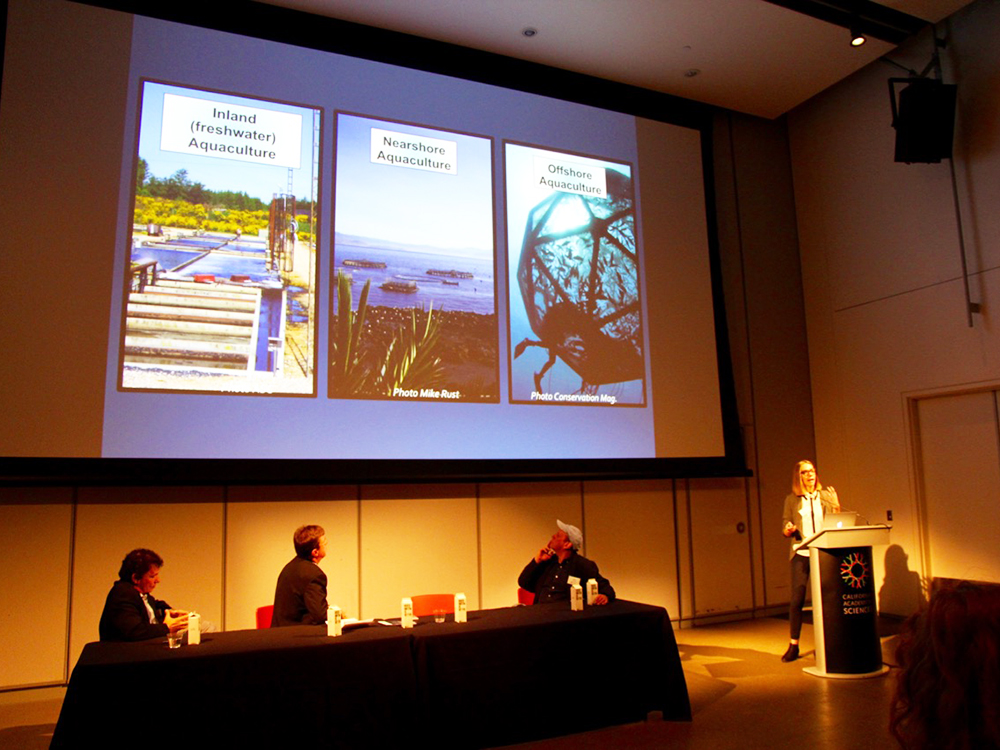
Responsibility
Going deep on offshore aquaculture
Open-ocean aquaculture, the “new kid on the block” in the rapidly growing aquaculture industry, was examined at a California Academy of Sciences event. New contributor Twilight Greenaway reports.
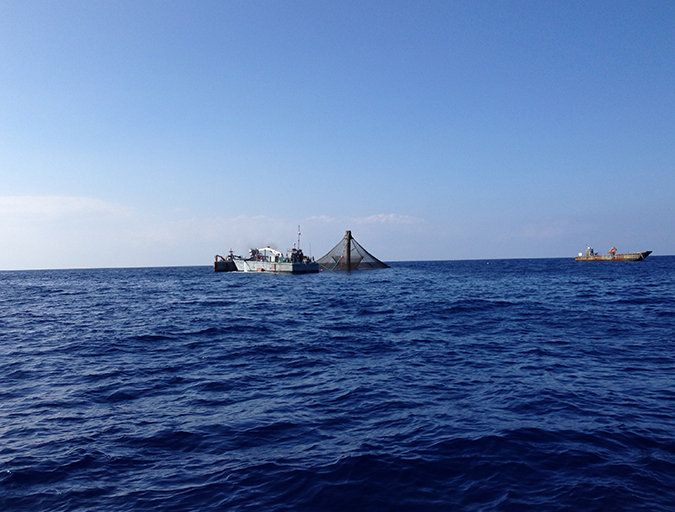
Intelligence
‘Spatiotemporal patterns’ indicate improving perceptions of aquaculture
A study led by University of California Santa Barbara researchers has found that public sentiment toward aquaculture improves over time, a potentially important development with growing interest in offshore aquaculture.


